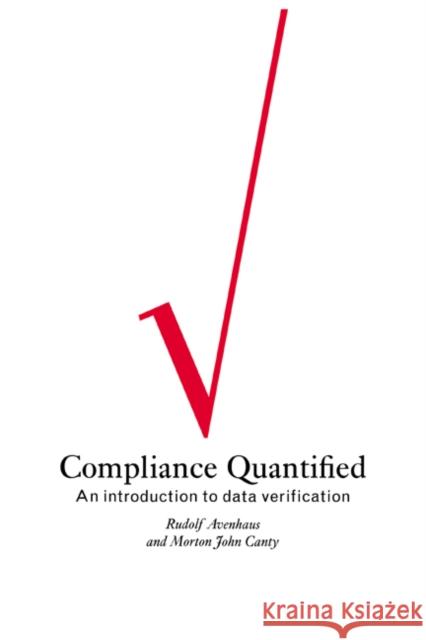Compliance Quantified: An Introduction to Data Verification » książka
Compliance Quantified: An Introduction to Data Verification
ISBN-13: 9780521019194 / Angielski / Miękka / 2005 / 272 str.
International agreements, such as those governing arms control and the environment, virtually always require some degree of verification so that compliance can be established. To ensure that the verification process is regarded as efficient, effective and impartial, it is important to model it mathematically. One such model can be derived by applying methods from statistics and the theory of noncooperative games, developed in part by John Nash, who received a Nobel Prize in 1994 for his work. The methods permit the development of rational verification strategies, as well as such fundamental concepts as guaranteed probability of detection, timeliness of inspections and the deterrence of illegal activity. Here, the authors introduce the required theory gradually, in the context of specific, real-world examples. The only prerequisites are simple calculus and statistics. The book will be accessible to a broad range of scientists and nonscientists, in industrial, academic and governmental environments.











